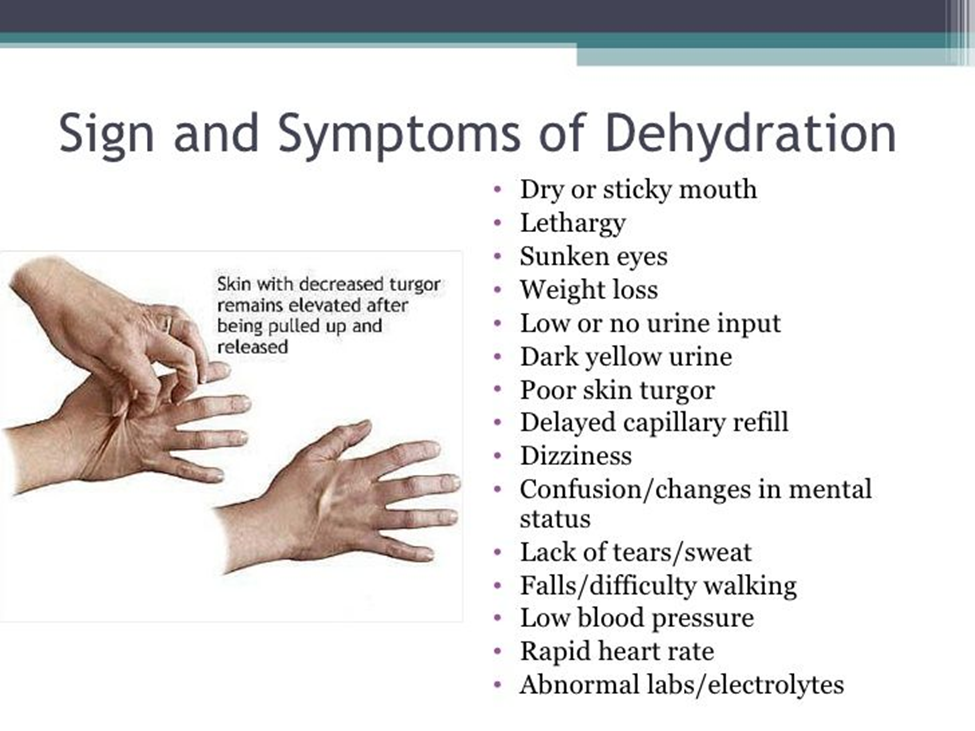A nurse is assisting with meal planning for a client who has hypothyroidism. The nurse should reinforce with the client that she should increase her daily intake of which of the following nutrients?
Fiber
Monounsaturated fats
Protein
Polyunsaturated fats
The Correct Answer is A
A. Fiber
For a client with hypothyroidism, the nurse should reinforce the importance of increasing daily intake of fiber. Hypothyroidism can sometimes lead to constipation, and a diet rich in fiber can help alleviate this symptom.
B. Monounsaturated fats
While monounsaturated fats are considered heart-healthy and can be included in a balanced diet, they are not particularly emphasized or increased for clients with hypothyroidism.
C. Protein
Adequate protein intake is important for overall health, but there is no specific recommendation to increase protein intake solely because of hypothyroidism.
D. Polyunsaturated fats
Similar to monounsaturated fats, polyunsaturated fats are part of a healthy diet, but there is no specific emphasis on increasing their intake for clients with hypothyroidism.
Nursing Test Bank
Naxlex Comprehensive Predictor Exams
Related Questions
Correct Answer is D
Explanation
Correct answer: D
A. "Use mineral oil to relieve constipation.": Mineral oil is not recommended during pregnancy because it can interfere with the absorption of fat-soluble vitamins (A, D, E, K).
B. "Drink 1 liter of water daily to decrease constipation.": While hydration is important, 1 liter of water is insufficient. Pregnant clients are advised to drink more, typically around 2-3 liters daily, to help with digestion and prevent constipation.
C. "Use an enema when constipation occurs.": Enemas are generally not recommended during pregnancy without consulting a healthcare provider, as they may stimulate uterine contractions.
D. “Eat an apple to help with constipation.”Apples are high in fiber, which helps to promote bowel regularity and prevent constipation, making them a healthy option for managing constipation during pregnancy.
Correct Answer is A
Explanation
A. Tenting
Tenting refers to the delayed recoil of the skin when pinched. In a dehydrated state, the skin loses elasticity, leading to tenting due to decreased skin turgor. This is a specific sign of fluid-volume deficit.
B. Protruding eyeballs
Protruding eyeballs are not typically associated with dehydration. This could be related to other conditions such as thyroid dysfunction, but it is not a specific indicator of fluid-volume deficit.

C. Elevated blood pressure
Elevated blood pressure is not a typical sign of dehydration. In fact, dehydration often leads to a decrease in blood pressure due to reduced blood volume.
D. Dry mucous membranes
Dry mucous membranes can be an indication of dehydration, but in the context of the question, tenting (Option A) is a more specific sign related to skin turgor and is commonly assessed when evaluating for dehydration.
Whether you are a student looking to ace your exams or a practicing nurse seeking to enhance your expertise , our nursing education contents will empower you with the confidence and competence to make a difference in the lives of patients and become a respected leader in the healthcare field.
Visit Naxlex, invest in your future and unlock endless possibilities with our unparalleled nursing education contents today
Report Wrong Answer on the Current Question
Do you disagree with the answer? If yes, what is your expected answer? Explain.
Kindly be descriptive with the issue you are facing.
